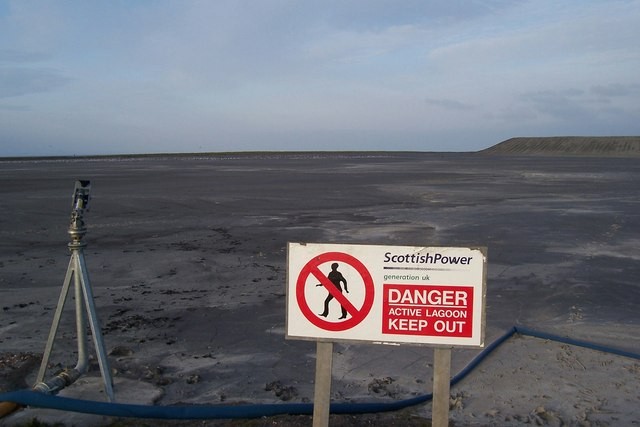Associate professor of mining and geological engineering Jinhong Zhang has developed a new type of concrete. This material is stronger, more flexible and utilizes more environmentally friendly components than typical concrete. With the help of Tech Launch Arizona, Zhang is commercializing his invention—dubbed “Acrete” from Arizona and concrete—with hopes of reducing the environmental impact of industrialization.
Mineral refining and rare-earth mining are Zhang’s primary research areas.
“The initial idea was not to replace concrete, it was to reduce industrial waste by creating a construction material,” Zhang said. “In the process of experimenting, we found that we could actually make a very strong material.”
After experimenting with mine tailings, Zhang turned to fly ash, the dusty solid remnant that is left from burning coal.
According to the EPA, 110 million tons of coal ash was produced in 2012 alone, 60 percent of which ended up in landfills.
“It is like powder,” Zhang said. “One blow and dust is everywhere.”

Blowing—referred to as aerosolization—of the carbon-rich fly ash is a contributor to the greenhouse effect, which in turn leads to climate change.
RELATED: UA startup receives funding for computer data error correction
This challenge inspired Zhang to consider alternate uses for fly ash, explaining, “Imagine if we could store all that waste in something like a dam.”
Whether it will be used for dams or foundations, Acrete has the potential to have a major impact on the environment.
Zhang said that with continued development, it may not be long before you can actually walk into your local hardware store and buy a bag of Acrete.
“The price [of Acrete compared to concrete] is comparable and not expensive,” Zhang said. “It is really just fly ash and alkali binder and a little water.”
Although some current concretes integrate fly ash, Zhang’s Acrete is over 90 percent composed of the powder. This could mean that one day, nearly all of the fly ash produced could be utilized and stored for structural purposes.
Acrete is currently being brought to market by Tech Launch Arizona. This UA office works with inventors to commercialize products and protect intellectual property.
“TLA worked with Dr. Zhang to identify the invention and bring it to TLA via what we call an invention disclosure,” said Bob Sleeper, licensing manager for the College of Engineering at TLA’s Office of Technology Transfer. “With that, we then worked with him and external counsel to protect the intellectual property. TLA also funded Dr. Zhang to perform additional development tests to further prove Acrete’s strength and flexibility through our Asset Development Program.”
Tech Launch Arizona has had a number of innovations pass their desk recently. In 2016 alone, they saw 278 patents come from the UA, as well as 14 company start-ups.

“The UA has an excellent record of research in the College of Engineering and has produced a number of inventions that we are working to bring to the marketplace,” Sleeper said. “With technologies like Acrete, it shows that when we put researchers together with the right business drivers, the UA can create game-changing social and economic impact down the line.”
RELATED: Featured Science: Katerina Aifantis ditches the traditional approach to engineering
The last question that remains: Will companies buy Acrete?
“I’m very optimistic,” Zhang said. While he said that it may take a while before large construction companies are demanding it, he estimated a number of different markets could benefit from the product.
Copper mining is one of the great engines of Arizona’s economy. Acrete will allow miners to dig deeper and safer than before. Acrete demonstrates strength three times that of traditional Portland cement, with greater flexibility as well. Zhang said mining companies will be attracted to these factors.
Another market which Zhang said he believes will show interest in Acrete is pre-cast building materials.
“It is more profitable to build with pre-cast materials,” Zhang said. “In Europe, they are building houses in a matter of hours using pre-cast concrete.”
Zhang also said he hopes that- the sustainability side of Acrete will incentivize industrial companies that want to reduce their carbon footprint.
Follow Chandler Donald on Twitter.









